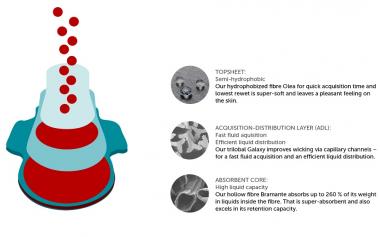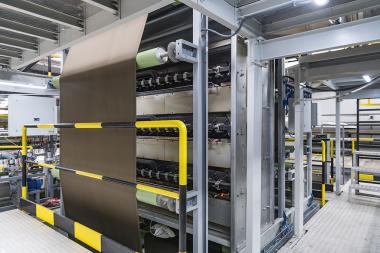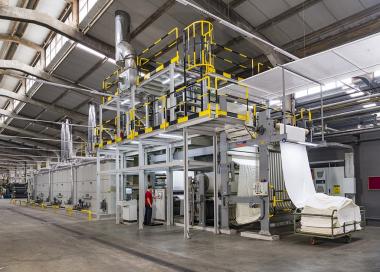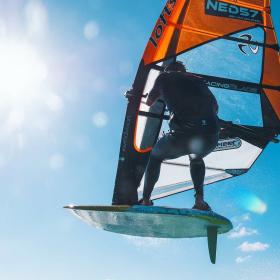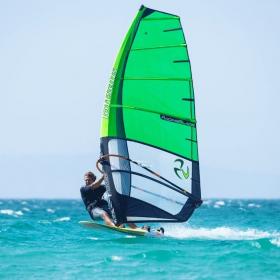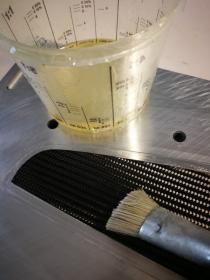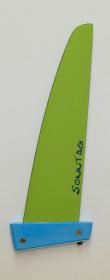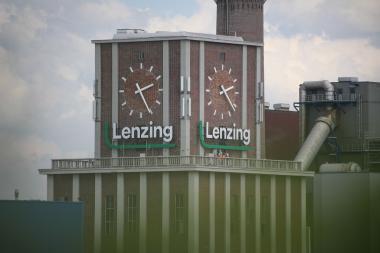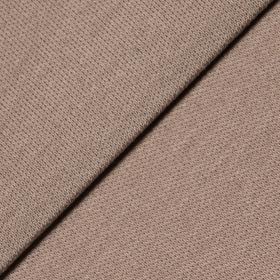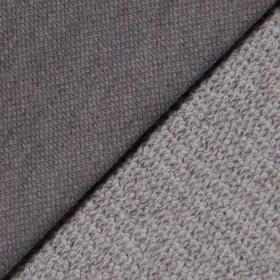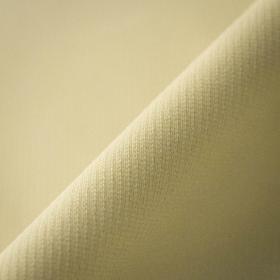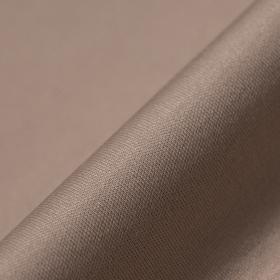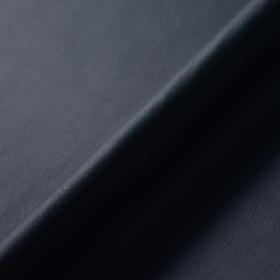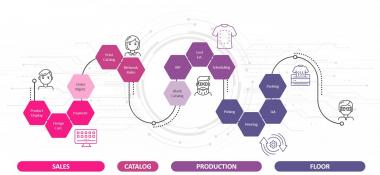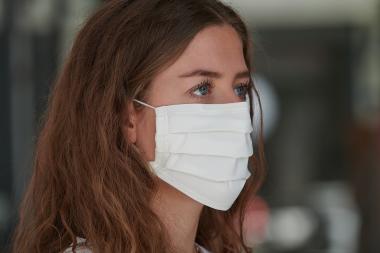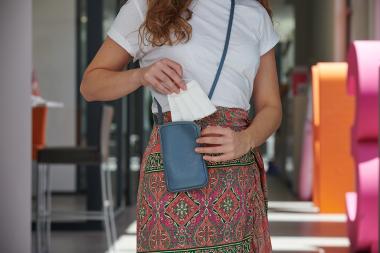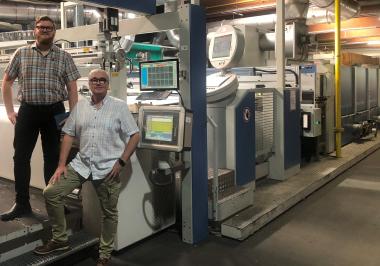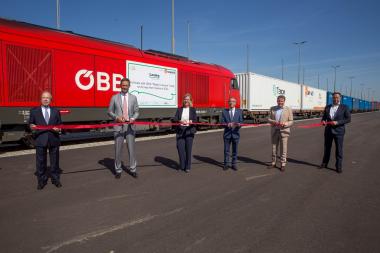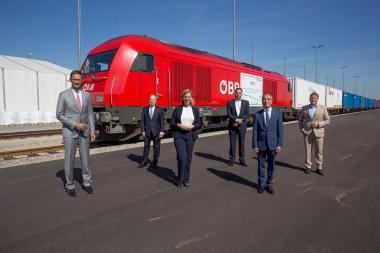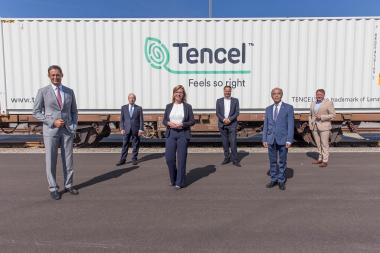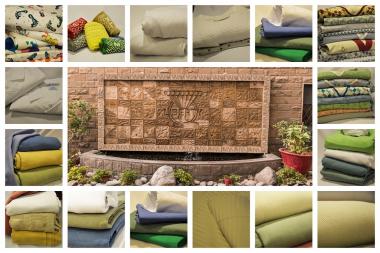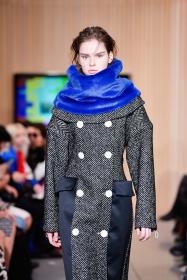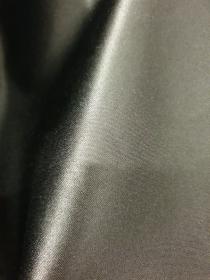JEC Summit Sports & Health - Connect exceeds goals and sets new standards for JEC digital events
First edition of JEC Summit Sports & Health – Connect, an online event platform devoted to medical and sports equipment manufacturers using composites, ended last week going above and beyond its set goals. JEC Summit Sports & Health – Connect brought together professionals from the whole composites value chain and allows decision-makers to evolve and inspire through a subsequent event program. This summit was the first in a long line of events devoted to composites in the Sports and Health industry that are to come within the next two years.
The three-day event was conceived as a forum to gather composites professionals, affiliates, and high-profile speakers to share their expertise in composites materials involved in creating state-of-the-art medical devices and sports equipment.
“Following the enforced postponement of many trade shows, we took the step of becoming the first organizer to stage an online event dedicated to composites in the sports and health industry. We put together a high-level conference agenda and speaker roster, and devised some great ideas for virtual networking, said Christian Strassburger, Event Director at JEC Group. “I could not be prouder of what we achieved with many delegates from Europe and Americas tuning in, including representatives from more than 36 countries. I would also like to take this opportunity to thank all our sponsors and partners. Their trust, support, and input were a crucial part of both the quality and success of the summit.”
The event attracted an audience of more than 1,100 professionals from the composites industry, from 36 countries, and helped organize 216 pre-arranged one to one meetings between buyers and sellers via our dedicated online meeting rooms, this without mentioning informal networking between participants. It reached these numbers, as participants logged on in considerable numbers to learn from the insights and ideas of the unparalleled line-up of high-level speakers who took part in the summit’s twenty-track conference.
The agenda for the JEC Summit Sports & Health – Connect featured tracks on current trends and Innovations in sports & health composite applications, with keynotes delivered by Dominic LeBlanc Senior Concept Engineer, at Callaway Golf, Christophe Lecomte, Director of Biomechanical Solutions R&D, at Össur, Fleur Jong, Professional Sprinter, and Co-founder of the Para Athletics Foundation and Damiano Salvatori, Materials Research Engineer, at the Straumann Group.
The panel of high-profile experts from Europe and America offered perspectives and inspiration for the next generation of medical and sports devices made of composites materials. The line-up included Bjorn Ivar Austrem, Technical Director, at Madshus, Laurine Calistri, Research Engineer, at Proteor, Anatole Gilliot, CEO of Suprem, Julien Duplay, Composites Methods Engineer, at Decathlon, Eric Jackson, President of Apex Watercraft, Stéphan Vérin, General Secretary, at EuraMaterials, Maximilian Segl, Principal Expert Composites, and Johannes Wölper, Development Engineer, both from Ottobock, and Matthew Dickinson, Senior Lecturer in Engineering, at University of Central Lancashire. Christos Karatzias, at Mitsui Chemicals Europe and Anthony Bert, at Helicoid Industries.
And one cannot omit the international startups that pitched all through the three-day event: ProsFit (Bulgaria), Alchemy (Greece), moi composites (Italy), Mercuris (Germany), Arevo/Superstrata (USA), Checkerspot/WNDR Alpine (USA), Ambrocio (Finland) Nairoby (Argentina). All gave inspiring and promising perspectives in the sector and what to look for in the near future.
JEC Press Relations






